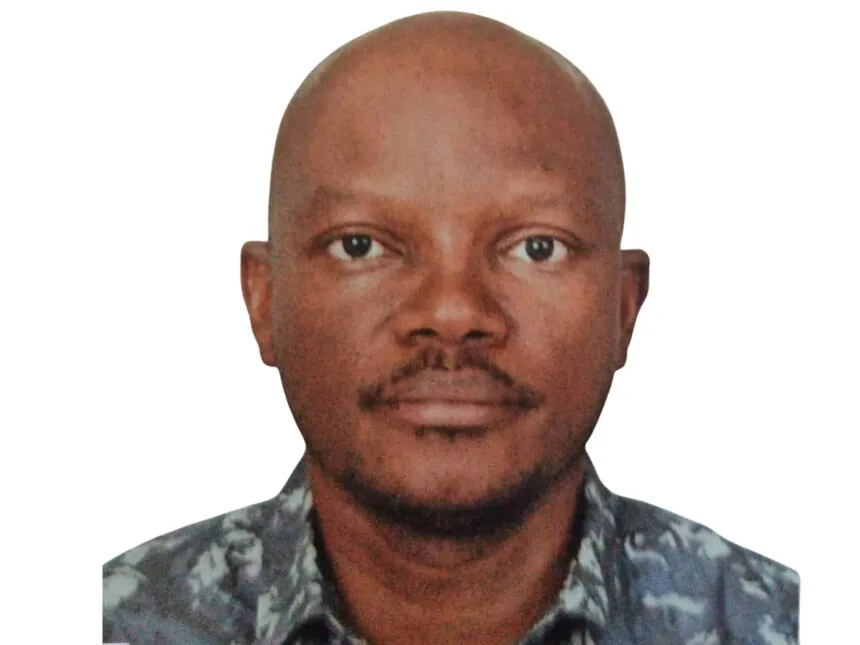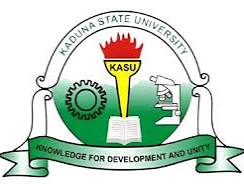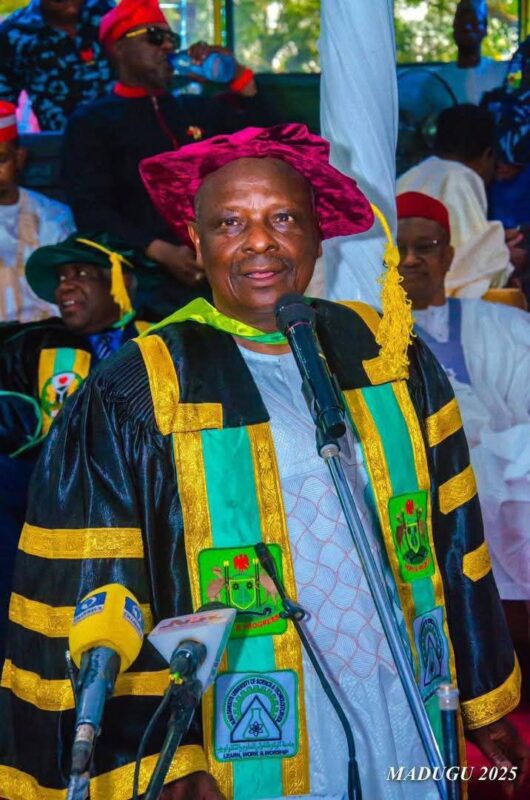In a significant development for Nigeria’s higher education sector, the Academic Staff Union of Universities (ASUU) has announced the election of new national leaders following a competitive vote among delegates.
Dr. Christopher Piuwna, previously serving as Vice President, has emerged as the union’s new president, signaling a potential shift in leadership amid ongoing challenges in the country’s university system.
The election, which drew 419 delegates from across the nation, took place during ASUU’s 23rd National Delegates Congress. The five-day event concluded on Monday, May 12, at the University of Benin in Edo State.
Dr. Piuwna secured a decisive victory, polling 219 votes against his main rival, Adamu Babayo from Abubakar Tafawa Balewa University (ATBU) in Bauchi State, who received 118 votes.
This outcome reflects the delegates’ preferences in a union known for advocating for better working conditions, funding, and autonomy for public universities.
In addition to the presidential race, other key positions were filled during the congress. Dr. A. A. Sado was elected as the new Vice President, defeating Professor O. S. Sowande, who had previously held the role of national treasurer.
Sado garnered 232 votes compared to Sowande’s 174, underscoring the competitive nature of the leadership contest. These elections are expected to influence ASUU’s strategies in negotiations with the federal government, particularly on issues like salary arrears, infrastructure deficits, and the revitalization of Nigeria’s tertiary institutions.
An inside source, speaking to the Nigerian Tribune on condition of anonymity, confirmed the smooth transition of power. “Prof. Emmanuel Osodeke has officially handed over the leadership of ASUU to the new president,” the source revealed.
Osodeke, who has led the union through several high-profile strikes and negotiations, steps down after a tenure marked by efforts to address the systemic underfunding of universities. The source added that the new leadership is poised to build on these foundations, though specific priorities were not immediately disclosed.
ASUU, a powerful voice for academic staff in Nigeria’s public universities, has been at the forefront of labor disputes with the government in recent years. The union’s elections come at a time when the education sector faces mounting pressures, including funding shortfalls and the lingering effects of the COVID-19 pandemic.
Delegates at the congress reportedly discussed these challenges, emphasizing the need for renewed advocacy to ensure sustainable development in higher education.
While full details of the new executive committee and their agenda are yet to be released, ASUU’s National Publicity Secretary promised a comprehensive statement in the coming days. “This is a new chapter for the union, and we look forward to working collaboratively for the betterment of our members and the Nigerian education system,” the source indicated.
As the new leadership assumes office, stakeholders in the education sector will be watching closely to see how ASUU navigates the complex landscape of university governance and policy reforms.
For now, the election marks a pivotal moment for the union, reinforcing its commitment to representing the interests of academic staff nationwide.




